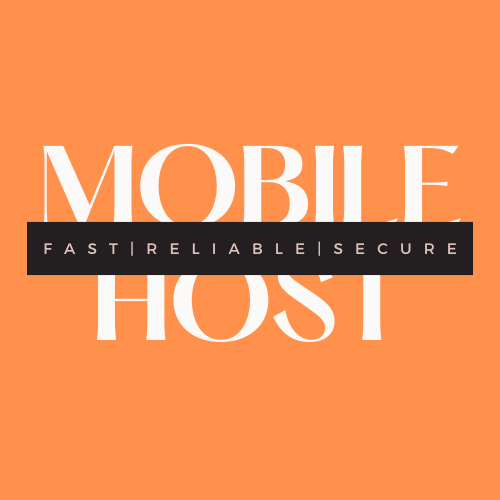If you’ve recently established your company website, we’ve put up a list of things you should do right now to protect it or we can say that following below are some of safety measures that mobilehost.biz follow in order to prevent its customers from hacking.
Themes, plugins, and widgets should all be updated
If you’ve been using a popular Content Management System for a while, you’ll understand what I’m talking about. Hacking and website breach are frequently reported as a result of outdated plugins, software, and tools. Keep an eye out for when a plugin or CMS gets an update. As soon as an updated version becomes available, click the update button.
Install Add-ons & Plugins from Reputable Developers
The nicest aspect of using a CMS platform for me is having access to hundreds of plugins that enable me add much-needed functionality to my website. However, not all of the plugins in the plugin gallery come from reliable sources and are free of security flaws. In many situations, attackers take advantage of flaws in third-party plugins and use them to insert malicious code into files. These programs then infect the whole website, allowing the attackers to take control of it.
Create Difficult, Unbreakable Passwords
Using a strong, unique, and complex admin password decreases the likelihood of your website being hacked by 50%. A strong password is one that is difficult, lengthy, and one-of-a-kind. When I first started using the internet, I used my birthdate, the date I started college, or even my nickname as a password. I afterwards understood that I had unwittingly given hackers an advantage.
User Access and Privileges
If you have a multi-author blog or a website that requires numerous logins, you should allocate roles to various users properly. It’s critical that users have the right permissions to do their jobs. To refresh your memory, WordPress allows people to register for several roles on your website, including admin, author, subscriber, and editor. Each of the aforementioned roles has its own set of responsibilities. Administrators of the website can give roles to users, elevate access, and then lower them after the work is over.
Change the Default CMS Options
When you install WordPress, Joomla, or another CMS platform, it comes with a set of default settings. The majority of the attacks are caused by the default settings being utilized. This simply implies that website owners may quickly deflect and avoid a huge number of assaults by altering the CMS’s default settings.
Server Configuration Settings
Server configuration files are a bit technical, but monitoring them might help you enhance the security of your website. Some of the more powerful configuration files may be located in the root web directory, such as ‘web. config.’ Administrators can use these files to run server rules, such as web security directives. To prevent malicious visitors from accessing and seeing the material, disable directory browsing.
Install SSL Certificates
While SSL cannot directly protect a website from dangerous assaults, it may encrypt data transmitted over the Internet. It’s especially handy for ecommerce websites since it secures sensitive information and private data while in transit.
So, this is the proper kick mobilehost.biz follow. These are some short considerations that can significantly improve the security of your website. Though these procedures will not completely protect you against hackers and assaults, they will halt the great majority of automated attacks and reduce your total risk.
.org $9.99 | .top $12 | .cat $12 | .fans $13 | Domain Names For Sale
Discover unbeatable prices on top-level domains perfect for establishing your online presence. Secure your ideal domain today and stand out in the digital landscape.Get premium domains like .org for just $9.99, .top for $12, .cat for $12, and .fans...
.music Available Now | Hot Sale!
Secure your unique online identity with a .music domain and connect with fans worldwide. Perfect for artists, bands, and music enthusiasts looking to make their mark online.Stand out with a domain that resonates with your musical identity, enhancing your brand's...
Laptop Sleeve Now Available!
Explore our premium selection of laptop sleeves designed to offer superior protection and sleek aesthetics for your devices. Choose the perfect fit for your lifestyle and needs.The Classic Sleeve offers a snug fit for 10" laptops, combining durability with a...



